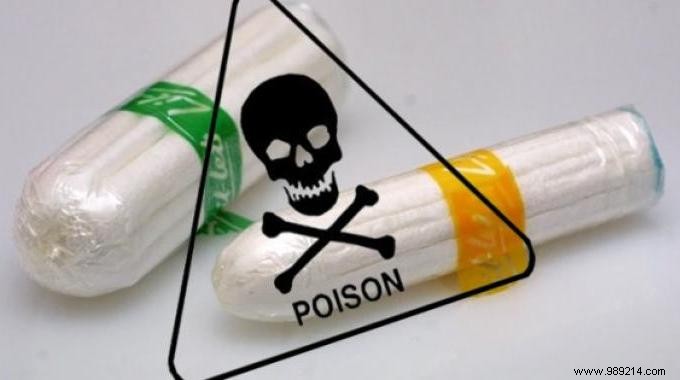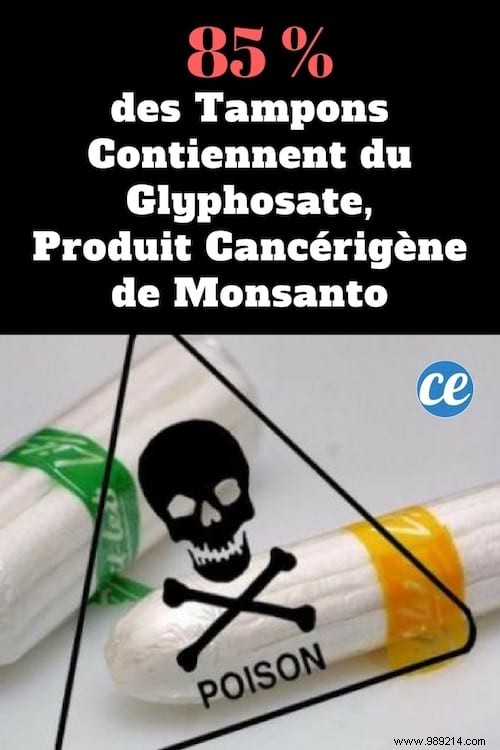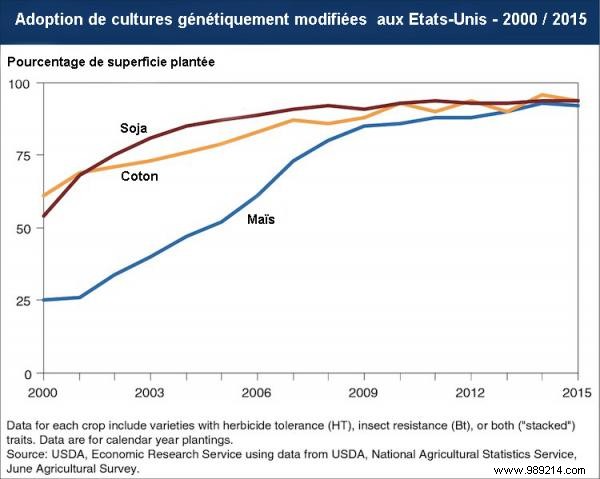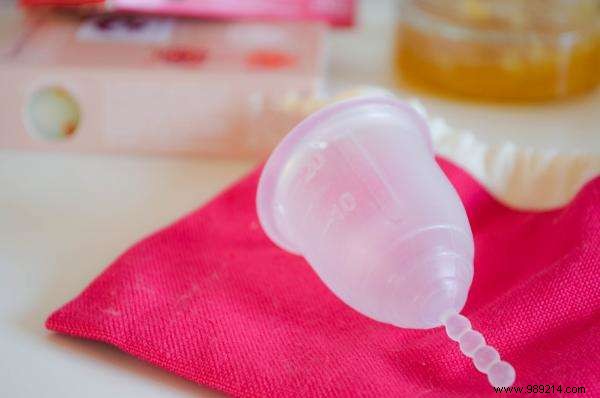
Glyphosate is a widely used weedkiller produced by Monsanto.
It is recognized as a probable carcinogen by the WHO International Agency for Research on Cancer.
Incredibly, glyphosate has been detected in 85% of cotton personal care products.
This is the result of a study conducted by researchers from the University of La Plata, Argentina.

In addition to glyphosate, 62% of the samples tested tested positive for AMPA (or aminomethylphosphonic acid), a derivative of glyphosate.
Samples that included gauze, cotton swabs, wipes and feminine hygiene products, such as tampons and sanitary napkins , were purchased in local supermarkets and pharmacies in the Plata region of Argentina.
The results were presented at the 3rd Congress of Physicians of Cities Treated by Fumigation, in Buenos Aires.
“85% of all the samples tested positive for glyphosate, but in the case of cotton and sterile cotton gauzes, the rate is 100%”, specifies Dr. Damian Marino, responsible for the study, to the Telam press agency.
“We were able to observe, in terms of concentration, that AMPA dominates in raw cotton (39 parts per billion – PPB – and 13 PPB for glyphosate).
Although the gauze does not contain AMPA, its glyphosate content is still 17 parts per billion. »
Dr. Medardo Avila Vazquez, president of the congress, said that the results of this study were "concerning insofar as you use cotton and gauze to treat wounds or for hygienic reasons thinking that they are sterilized.
The results show that they are contaminated with a probably carcinogenic substance. »
The majority of cotton produced in this country is genetically modified to become resistant to glyphosate. This is sprayed when the bud opens. The glyphosate goes directly into the cotton plant.
Glyphosate is the key component of Round Up produced by the giant Monsanto.
It is the most widely used weed killer in crops in the United States. Cotton, soybeans, and corn have all been genetically modified to resist the spread of this herbicide.
In fact, farmers sprayed 1.2 billion kilos of herbicide based on Monsanto's glyphosate, on agricultural land in the United States between 1992 and 2012 according to the US Geological Survey.
In 2015, the United States Department of Agriculture estimated that the cultivation of genetically modified varieties represents 94% of the area under cotton cultivation.

This graph above shows that the cultivation of genetically modified corn, soybeans and cotton increased between 2000 and 2015.

Don't want to use tampons anymore? It is quite possible!
Do you know menstrual cups, washable sanitary napkins or natural sponges? These are alternatives that are safe for your health.
You can also opt for tampons stamped "organic" made entirely of organic cotton that is not bleached with chlorine, without plastic or perfume.
You can find them in pharmacies, organic stores, or even here on the internet.
NB: a petition was launched by an individual in France to demand the display of the composition of the stamps of a very large brand. The online petition has already received more than 265,211 supporters! You can find it here.